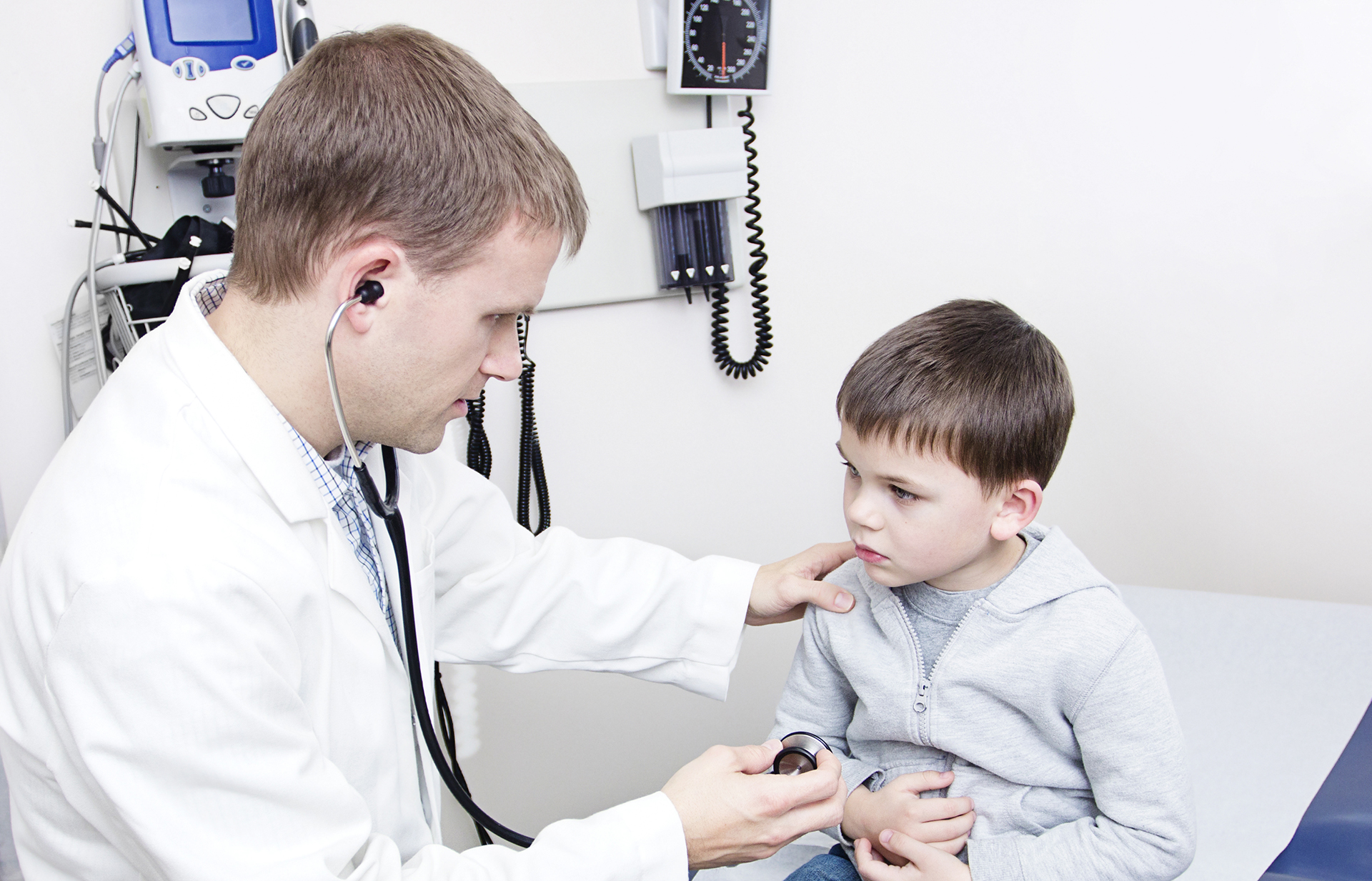Overview Of Gastro-enteritis with dehydration
Gastroenteritis with dehydration is a common condition characterized by inflammation of the stomach and intestines, leading to symptoms such as diarrhea, vomiting, abdominal pain, and dehydration. It is most often caused by viral infections (e.g., rotavirus, norovirus), but bacterial (e.g., *Escherichia coli*, *Salmonella*) and parasitic (e.g., *Giardia*) infections can also be responsible. Dehydration occurs when fluid loss from vomiting and diarrhea exceeds fluid intake, leading to electrolyte imbalances and potentially severe complications, especially in young children, the elderly, and immunocompromised individuals. Early recognition and management of dehydration are critical to prevent complications and ensure recovery.
Symptoms of Gastro-enteritis with dehydration
- The symptoms of gastroenteritis with dehydration include diarrhea, vomiting, abdominal cramps, and nausea. Dehydration manifests as dry mouth, reduced urine output, dark urine, fatigue, dizziness, and, in severe cases, sunken eyes, rapid heartbeat, and confusion. Infants and young children may show signs such as a sunken fontanelle (soft spot on the head), lack of tears when crying, and irritability. Early recognition of dehydration symptoms is important for timely intervention and preventing complications such as electrolyte imbalances or shock.
Causes of Gastro-enteritis with dehydration
- Gastroenteritis with dehydration is primarily caused by infections, with viruses being the most common culprits. Rotavirus and norovirus are frequent causes in children and adults, respectively. Bacterial infections, such as those caused by *Escherichia coli*, *Salmonella*, or *Campylobacter*, often result from contaminated food or water. Parasitic infections, such as giardiasis or cryptosporidiosis, can also lead to gastroenteritis. Non-infectious causes include food intolerances, toxins, or medications. Dehydration occurs due to excessive fluid loss from vomiting and diarrhea, compounded by inadequate fluid intake. Understanding the underlying cause is crucial for effective treatment and prevention.
Risk Factors of Gastro-enteritis with dehydration
- Several factors increase the risk of gastroenteritis with dehydration. Young children and the elderly are more susceptible due to their reduced ability to tolerate fluid loss. Immunocompromised individuals, such as those with HIV/AIDS or undergoing chemotherapy, are at higher risk for severe infections. Poor hygiene, lack of access to clean water, and consumption of contaminated food or water further increase the risk. Travel to regions with poor sanitation and close contact with infected individuals also raise the likelihood of infection. Addressing these risk factors through preventive measures is essential for reducing the incidence of gastroenteritis.
Prevention of Gastro-enteritis with dehydration
- Preventing gastroenteritis with dehydration involves a combination of hygiene practices, vaccination, and public health measures. Handwashing with soap and water, particularly after using the toilet or before handling food, is essential to reduce the spread of pathogens. Vaccination against rotavirus is highly effective in preventing severe gastroenteritis in children. Ensuring access to clean water and proper sanitation is critical in reducing the risk of infection. Public health initiatives promoting education about hygiene and food safety play a vital role in reducing the burden of gastroenteritis.
Prognosis of Gastro-enteritis with dehydration
- The prognosis for gastroenteritis with dehydration is generally good with prompt and appropriate treatment. Most cases resolve within a few days to a week, with rehydration being the key to recovery. However, severe dehydration, particularly in vulnerable populations such as infants or the elderly, can lead to complications such as kidney failure, seizures, or shock. Early diagnosis, adherence to treatment, and follow-up care are essential for ensuring a positive outcome and preventing long-term complications.
Complications of Gastro-enteritis with dehydration
- If left untreated or inadequately managed, gastroenteritis with dehydration can lead to severe complications. Dehydration can cause electrolyte imbalances, leading to muscle cramps, seizures, or cardiac arrhythmias. Severe dehydration can result in hypovolemic shock, a life-threatening condition characterized by low blood pressure and organ failure. Chronic diarrhea can lead to malnutrition, particularly in children. Early diagnosis and treatment are crucial to minimize the risk of these complications.
Related Diseases of Gastro-enteritis with dehydration
- Gastroenteritis with dehydration is closely related to other gastrointestinal infections, such as food poisoning, traveler's diarrhea, and dysentery. It is also associated with conditions that cause chronic diarrhea, such as inflammatory bowel disease (IBD) or irritable bowel syndrome (IBS). Other related conditions include electrolyte imbalances, which can result from severe dehydration, and malnutrition, particularly in children with chronic diarrhea. Understanding these relationships is essential for accurate diagnosis, effective treatment, and comprehensive prevention of gastrointestinal disorders.
Treatment of Gastro-enteritis with dehydration
The treatment of gastroenteritis with dehydration focuses on rehydration and symptom management. Oral rehydration solutions (ORS) are the first-line treatment for mild to moderate dehydration, as they replace lost fluids and electrolytes. In severe cases, intravenous (IV) fluids may be required. Antiemetics may be used to control vomiting, and antidiarrheal medications, such as loperamide, may be considered in adults without bloody diarrhea. Antibiotics are reserved for bacterial infections, while antiparasitic medications are used for parasitic causes. Early and appropriate treatment is crucial to prevent complications and ensure recovery.
Generics For Gastro-enteritis with dehydration
Our administration and support staff all have exceptional people skills and trained to assist you with all medical enquiries.

Anhydrous Glucose + Citric Acid + Potassium Chloride
Anhydrous Glucose + Citric Acid + Potassium Chloride

Anhydrous Glucose + Potassium Chloride + Sodium Chloride + Sodium Bicarbonate
Anhydrous Glucose + Potassium Chloride + Sodium Chloride + Sodium Bicarbonate

Anhydrous Glucose + Citric Acid + Potassium Chloride
Anhydrous Glucose + Citric Acid + Potassium Chloride

Anhydrous Glucose + Potassium Chloride + Sodium Chloride + Sodium Bicarbonate
Anhydrous Glucose + Potassium Chloride + Sodium Chloride + Sodium Bicarbonate


